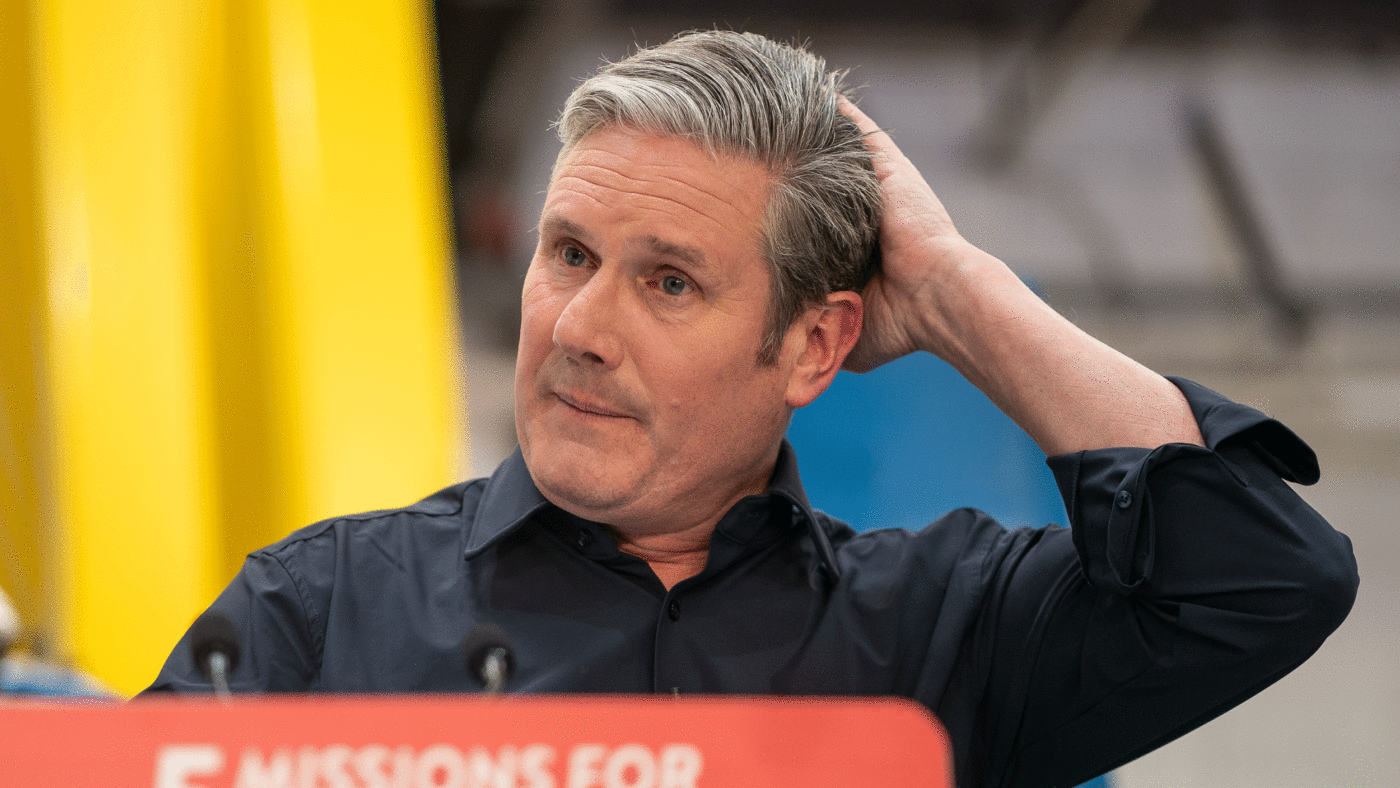Last week Labour announced plans to make Britain a ‘clean energy superpower’ by 2030. While serious questions remain over how they actually plan to achieve this – especially after ditching the pledge to spend £28bn a year on green investment – it’s nevertheless a shot across the Government’s bows.
The reaction can’t be to surrender environmental leadership to the Opposition. Instead, the Conservatives need to put forward their own alternative.
With fossil fuel prices to blame for sky-high inflation, and high public concern about climate change, there’s no avoiding this issue. New wind and solar power are the cheapest energy sources available to us. Building them needs to be one of the Prime Minister’s priorities, both in policy and rhetoric. Among Conservative voters, 60% say climate change is important in determining how they vote. That’s why environmental leadership is essential if Sunak is to earn voters’ trust before the next election.
Labour is right to put forward a plan to deliver more clean energy. But few experts think the UK could decarbonise its electricity grid by 2030, as proposed by Labour, because of slow planning decisions, supply chain bottlenecks, and local consent challenges. They plan to solve this by accelerating planning decisions and grid connections. These changes will be critical, but Labour’s proposals to overrule councils on planning decisions could create a backlash from communities, jeopardising renewables deployment. There can be no shortcut for local consent.
The Government should show how they will meet their own ambitious target for decarbonising the power sector by 2035. They will need a detailed plan to unlock onshore wind, upgrade the grid, and speed up planning while ensuring local consent is still given. The Conservatives oversaw the construction of a world-leading offshore wind industry, scaling renewables to 44% of our electricity supply today from 7% in 2010. But despite that progress, there is much more to do, and all parties must offer an ambitious vision for clean power at the next election.
The Conservatives will also need an answer on green spending. We aren’t investing enough to meet net zero. A recent report found that between 25 and 34% of the investment required this decade for net zero has not yet been committed. But Labour’s approach of starting with a big public borrowing target and then working backwards to find ways to spend is wrong. We need to start with a precise analysis of what investment is required and what should be public versus private. Otherwise, there is a risk that taxpayers’ money could crowd out private capital, or get wasted in a rush to get funds out the door.
While, done right, borrowing to invest could help spur growth, it also pushes up debt payments, which already cost more than our defence budget, necessitating higher taxes and less money for public services. New spending commitments must be funded. Not every pledge can be paid for by closing loopholes in the oil and gas windfall tax. Commitments to expanded carbon pricing, including carbon border adjustments, and careful prioritisation of green incentives are needed.
The Conservatives should support a net zero investment plan, which Chris Skidmore called for in his review. The plan would identify investment shortfalls, and put forward ways to close them and to fund the investment. It should be fiscally responsible, and needn’t rely exclusively on government grants. For example, one area where investment is too low is home energy efficiency. The government could boost insulation by offering a stamp duty cut for more energy-efficient homes, incentivising homeowners to retrofit before a sale, and a stamp duty rebate for homes that are retrofitted within two years of purchase to encourage buyers to include insulation in their renovations. This could be made revenue neutral by raising stamp duty on less efficient homes. What we can’t do is leave the investment challenges unsolved or fail to propose alternatives to endless public spending.
Labour’s GB Energy – a national energy company – looks like ideology over practicality. The state arguably has a role in delivering nuclear projects, where competition will play less of a role and state co-investment is essential to de-risk private capital. But the argument for a state vehicle to get involved in the renewables rollout, where there is already fierce competition from private companies driving down strike prices to record lows, is much weaker. A conservative approach to growing a renewables supply chain by creating a favourable planning regime and fiscal environment to attract private investment can be more effective and cheaper.
Labour’s plan also included a pledge to double the current green hydrogen target. Green hydrogen will play a critical role in replacing high-carbon hydrogen in industry, decarbonising aviation and shipping, and providing interseasonal storage for the power sector, among other things. But it is expensive to produce and these end-uses are still nascent, meaning there’s a risk that a surplus of heavily subsidised hydrogen just gets dumped into the gas grid in the medium term, needlessly pushing up bills without a significant climate benefit. The Conservatives need to develop a fair support scheme for low-carbon hydrogen to build this vital industry and a plan to deploy hydrogen efficiently, only where it is needed.
As we head toward the next election, the Conservatives must ensure they are promoting a market-led, positive alternative, not giving up its environmental leadership or allowing Labour to dominate the issue. Critiques must focus on whether proposals are deliverable, offer value for money, and maximise opportunities, not whether we should accelerate the net zero transition. The Conservatives have made a bold environmental offer in every election from 2010 on and won. This vote should be no different.
Click here to subscribe to our daily briefing – the best pieces from CapX and across the web.
CapX depends on the generosity of its readers. If you value what we do, please consider making a donation.


